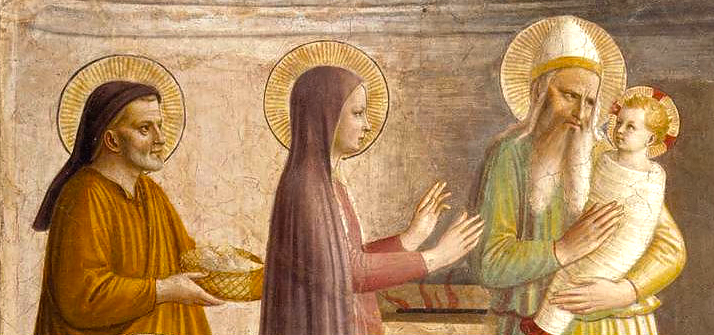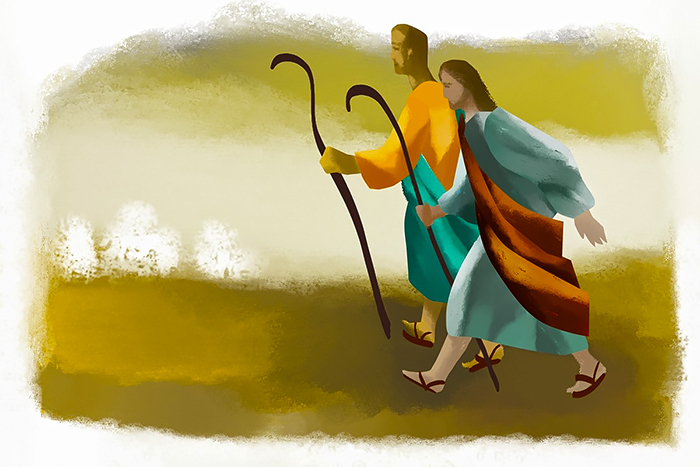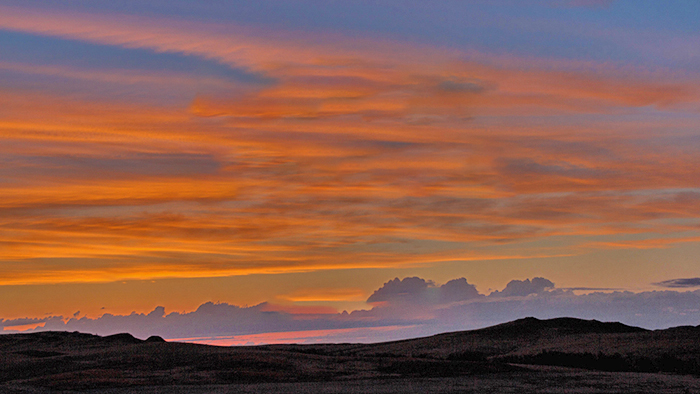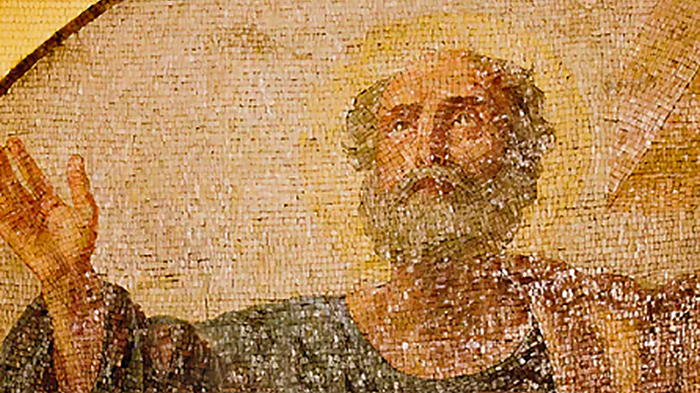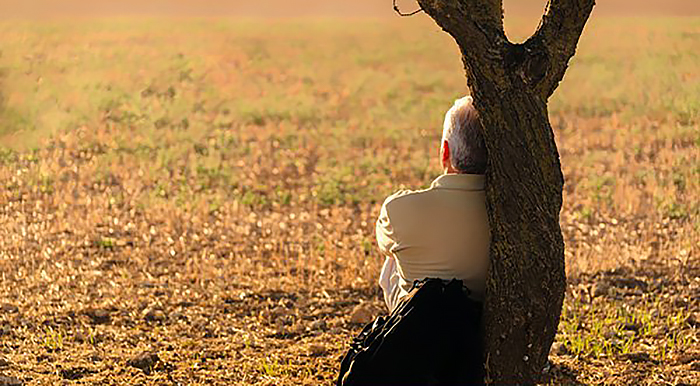
“What I want is to leap out of this personality, and then sit apart from that leaping. I’ve lived too long where I can be reached.” – Rumi
Fr. Ron Rolheiser writes, “In a day of instant and constant communication, cell phones and emails, I suspect that we all fit that description. Certainly, I do. I’ve lived too long where I can be reached.” It seems that we’re almost always overstretched with too much to do. We come to the end of each day tired, yet conscious of what we’ve left undone. There’s always someone else we should have phoned, emailed, or attended to in some way. Our lives often seem like overpacked suitcases, crammed to the brim, and still unable to hold all we need to carry along. What’s wrong here? Whenever we feel that way, it’s a sure sign that we’ve lost the proper sense of time. Life is meant to be busy, but we’re also meant, at regular times, to have sabbatical, sabbath time, to rest and enjoy. Wayne Muller wrote a little book entitled, Sabbath: Finding Rest, Renewal, and Delight in our Busy Lives. I leave you with some of his wisdom:
– The Sabbath need not be a year or even a day. It can also be an afternoon, an hour, a walk, or a dinner. Sabbath is a time when we drink, if only for a few moments, from the fountain of rest and delight. It is a time to listen to what is most deeply beautiful, nourishing, and true.
– We are almost always running, trying to catch the things that will make us happy when, in fact, those very things are trying to catch us!
– God said: “Remember to rest.” This is not a lifestyle suggestion, but a commandment, as important as not stealing, not murdering, or not lying.
We need Sabbath. We’ve all lived too long where we can be reached.

